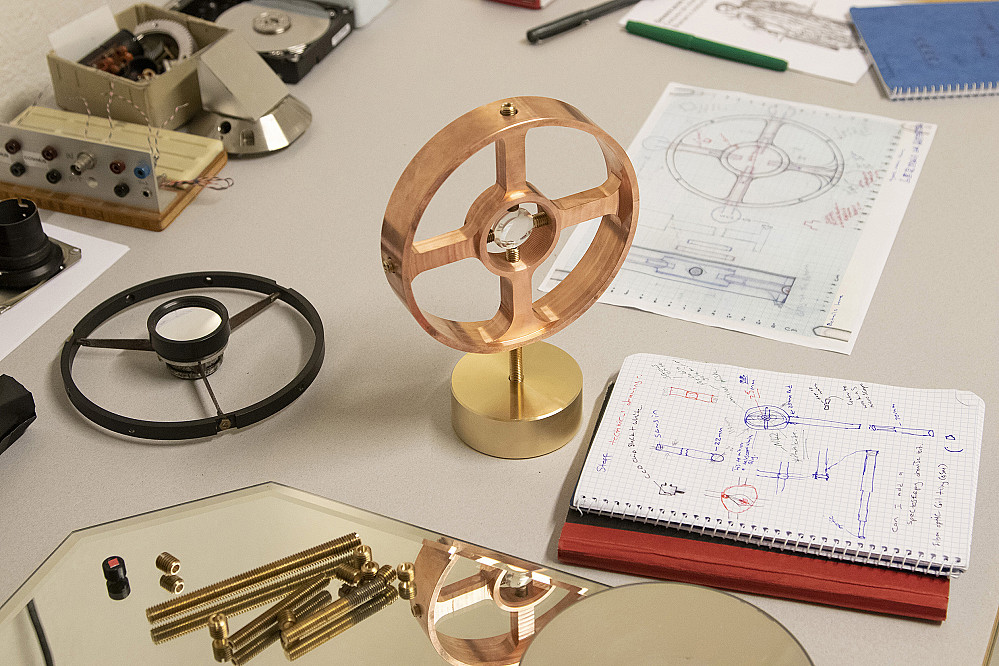Published June 24, 2021
At the heart of my project is the question “how do I take my sensibility, Khelobedu and its ways of knowing seriously?”. How do I reconcile and remain faithful to the fact that I interpreted a dream of a series of stars as an invitation to explore "fundamental science’s search for other planets like our own, instead of going straight to Moria––‘Botšhabelo’–– where others with similar dreams have been going for decades. So, Lebitla la Ngaka is a continuation of my understanding that how we know as ditlogolo tša Batho––rena Bakhalaka––has always been a process of exploring every possible expression of an idea open to us. Through my process, I continue the practice of taking seriously Credo Mutwa’s idea that if we are to truly comprehend what the artefacts we are calling to be resituated from Europe and other colonial contexts are, we must really expand how we imagine the process by which our ancestors came to know so much about the cosmos and its complex qualities. We must be open to the possibility that they too engaged approaches to observation not yet imaginable to us. To access the possibility of such strategies we must follow our “hunch” around their practices until we develop the appropriate language to articulate the basis of the hunch and its possibilities––bagolo bare look for your ancestors in the future and not in the past for you are them as they are you. So as a start Lebitla la Ngaka is a practice of researching and following my “hunch” and not rushing to ask if my enquiry is legitimate or if it is culturally correct.
As an online prompt, I attempt to focus on the process of simulating, researching, and navigating a “metadata site”. The interest in metadata is related to a distinction between data needed to locate a specific data object and that actual object. This would be an emphasis in the data surrounding what is often seen as a primary object (fact if you will), which begs the question of “primary” to whom? Ideally this question is not important, but given the history of colonialism and how I understand southern African Indigenous Knowledge Systems to be designed, one needs to relook at the reasons and ethics for designating some data sets as metadata and others as knowledge. In practice, this would be exploring platforms such as the online message boards or rudimentary photo sharing apps, background aggregator catalogues and “tor archives” where the aim is not to create a streamlined, easily searchable database but rather to perpetuate what would traditionally be discarded or concealed as ancillary data in the process of creating a systematic catalogue.
Lebitla la Ngaka is the latest iteration in the project Modjadji le Dikolobjana developed while a resident at the Observatoire de Genève (University of Geneva’s Astronomy department) in 2018 in collaboration with Artist in Labs.
